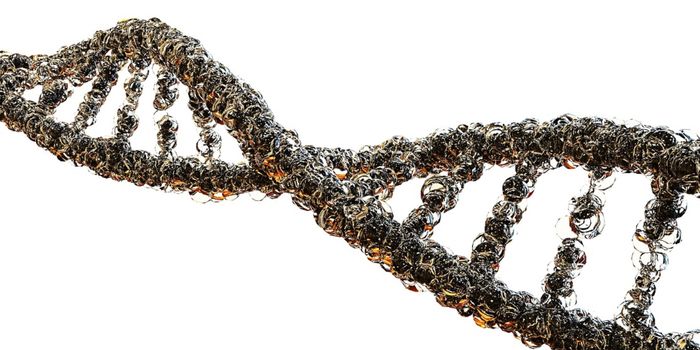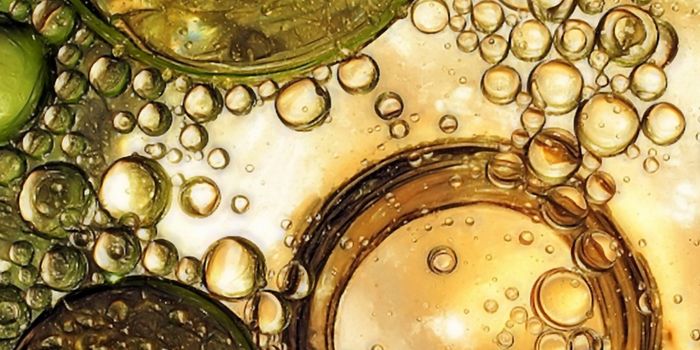Do you like salty foods? Or do you just add more salt to your meal than most people? A variation in your genes might be to blame. A study from the University of Kentucky, College of Nursing, suggests that people who have a specific genetic variation in the TAS2R38 gene eat more salt than those with an alternate genotype.
Jennifer Smith, the study’s lead author explains that this gene codes for taste receptors that recognize the “bitter” taste. For people with a genetic variation in their TAS2R38 gene, normally bitter foods such as kale or broccoli tend to taste extremely bitter. Smith thinks that in order to mask the excessive bitterness they taste these people tend to over salt their food. As a result they are twice as likely to exceed the daily limit of salt intake recommended by the American Heart Association.
"We were looking at a gene that codes for taste receptors," Smith said. "People with one genotype will taste bitter more keenly than people who have the other genotype."
The study looked at 407 patients with two or more known heart disease risk factors. Researchers analyzed diet and performed genetic testing to see which patients carried the TAS2R38 gene variation that enhances bitter taste.
"We found people who tasted bitter more keenly were in fact 1.9 times more likely to be non-adherent to the sodium guidelines," Smith explains.
So, what’s the big deal? Well, according to the American Heart Association, increasing salt intake can have a negative effect on blood pressure and other cardiovascular issues. The recommended salt intake limit for an adult working to maintain or decrease blood pressure is 2.3 grams per day. Most adults regularly exceed this limit by up to 2 times the recommended intake.
However, medical professionals have differing opinions on why this is important and what people can do about it. On one hand, there is the belief that too much salt is the primary cause of high blood pressure due to increases in water retention and indirect decreases in vasodilation of blood vessels. There is a tested and proven recommended salt intake limit for this reason.
On the other hand, many believe that heart and blood pressure issues are more related to a diet too high in sugar and carbohydrates, and moderate salt intake is necessary for healthy bodily function. This way of thinking stresses that when our bodies need salt, comprising of minerals necessary for proper cell function, we crave salty foods.
Either way, it seems we consume too much salt
and sugar by way of processed foods. By monitoring intake of processed foods, people can generally better control their diet and consequently their salt intake. A research review in the journal
Open Heart states that our bodies have tight physiological control over salt intake as noted from FDA records of overall salt intake in the US, and tends to be able to balance out our mineral intake to what is needed.
For people with the TAS2R38 gene variation who would like to watch their salt intake, they can get creative with alternative ways to negate the excessive bitter taste of certain foods potentially with other spices and seasonings instead of more salt. The bottom line? If you consume a lot of salt, just make sure you know your health stats and pay attention to your taste buds because your tastes could be in your genes.
Sources:
Health Day,
News Medical,
Medpage Today









